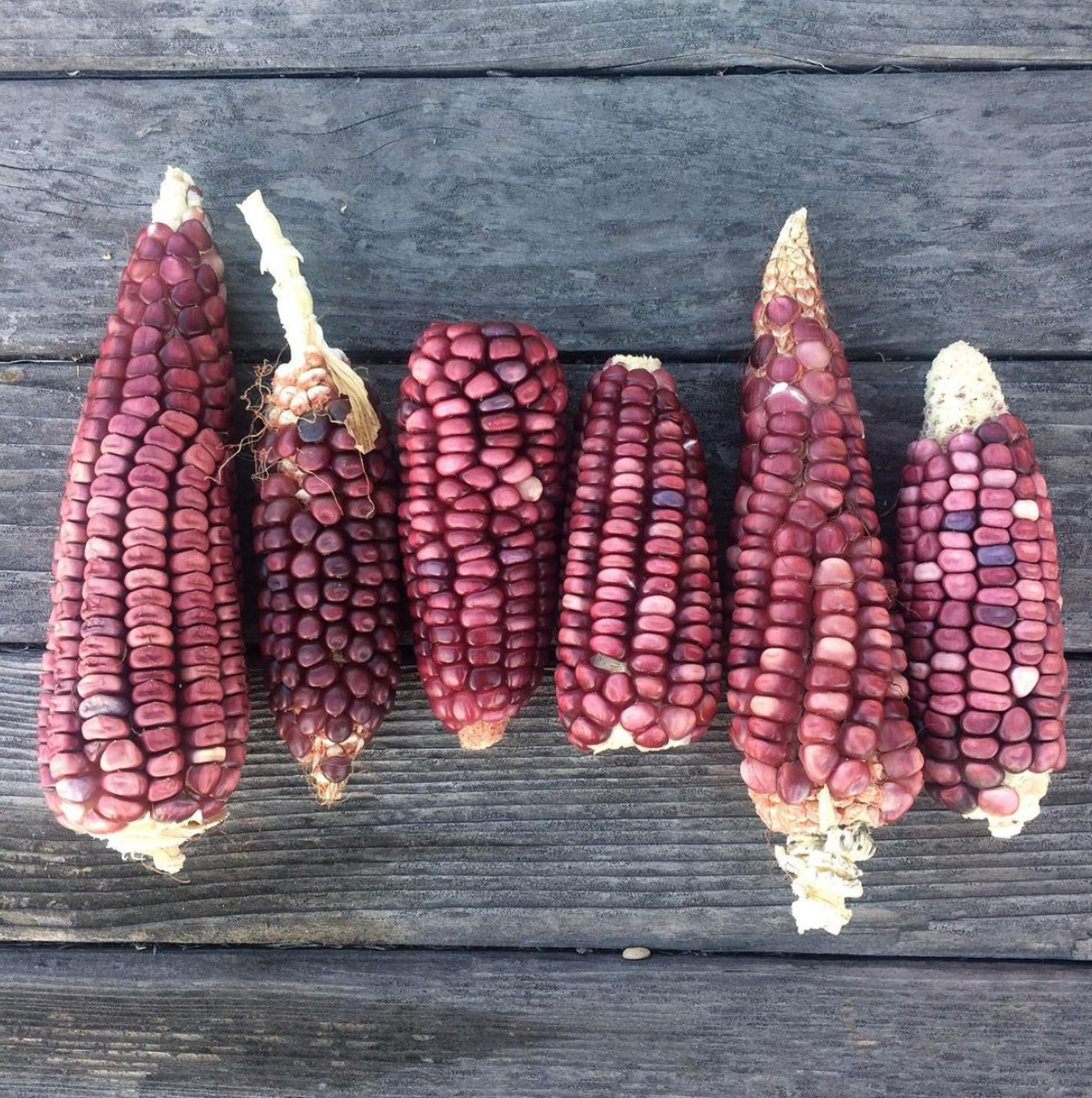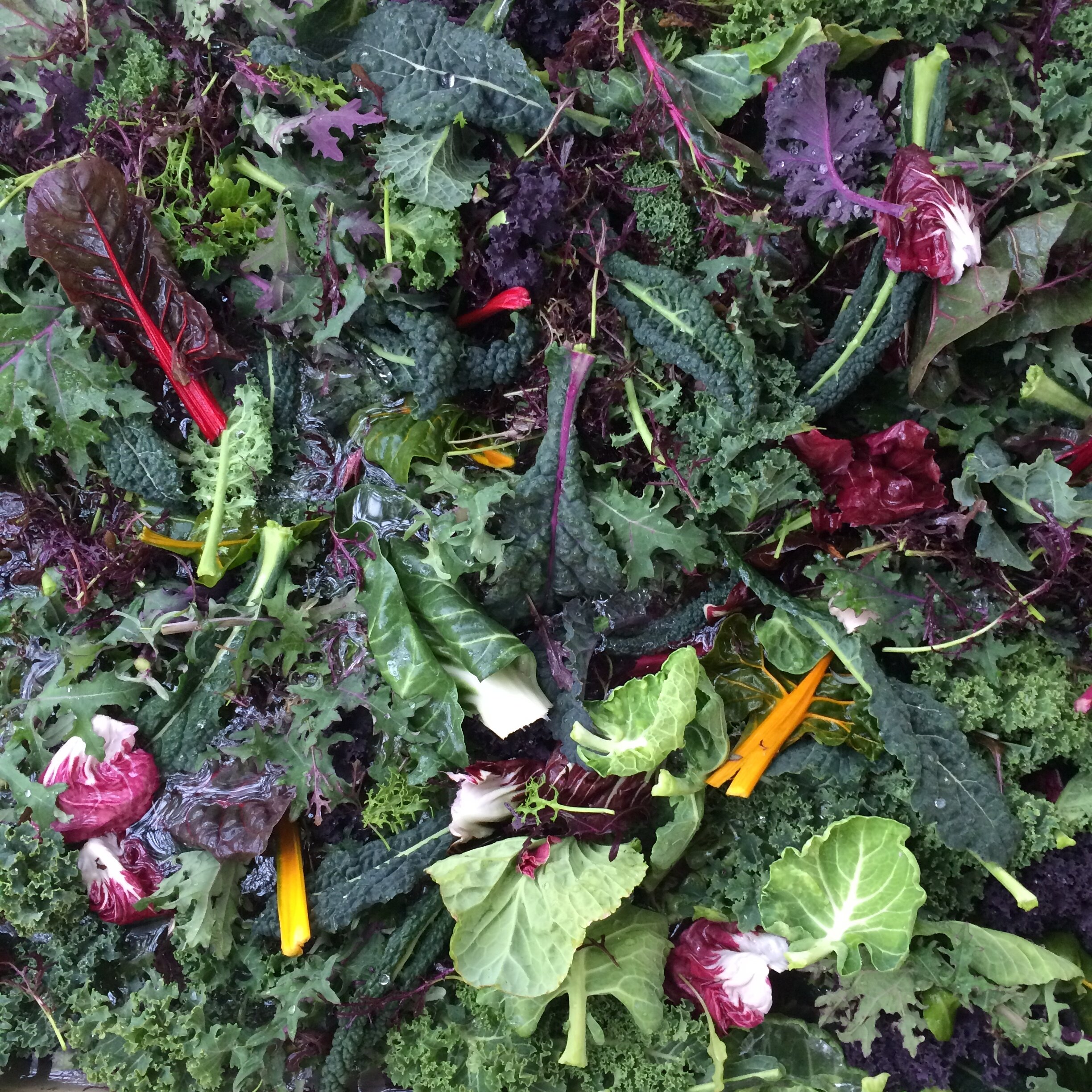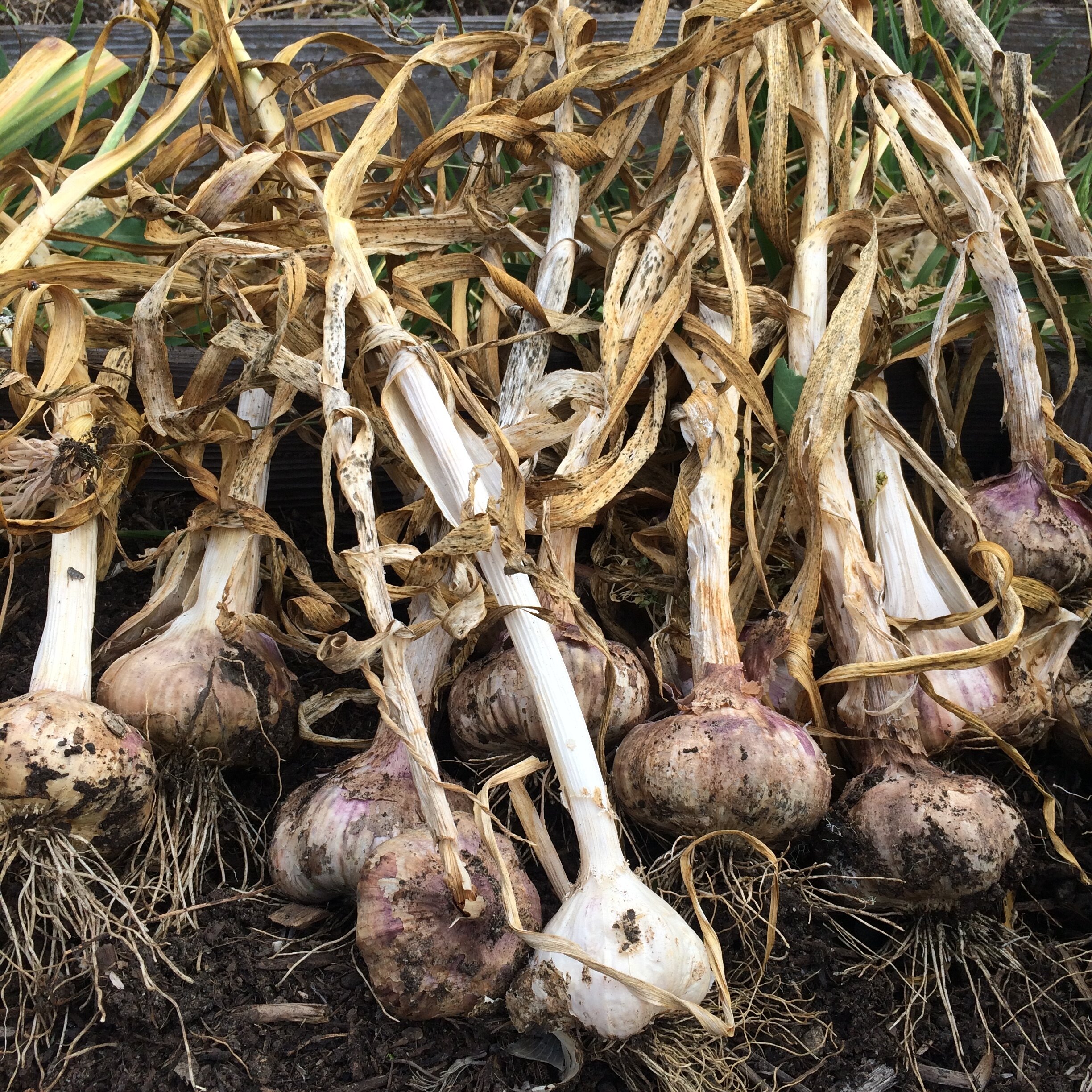
Winter Nourishment CSA
What is the Red H Farm Winter CSA?
Join our monthly Winter Nourishment CSA! At Red H Farm we believe that food is medicine for the body and soul. We offer our community the chance to keep eating nutrient dense, antioxidant rich, nourishing foods all winter as a member of our farm.
We are moving to this Winter CSA model because the impacts of climate change from smoke-filled skies to summer heat waves have necessitated a shift in our seasonal work patterns and the crops we grow. This includes shifting our focus to long season storage crops for the colder months. The winter CSA runs from December through February and consists of a once-a-month pickup of a hefty box of storage crops along with an array of fresh produce and herbs. If you were shopping at the farmers market, the crop value of each box would be roughly $150.

What is in the box each month?
You can expect to find roughly $150 worth of produce in your share each month, including onions, garlic, shallots, potatoes and winter squash for the month. There will also be a mix of fresh crops like leeks, greens, beets, cabbages, carrots, radishes, baby mustards, turnips, broccoli and lettuce for the week. Sometimes there may be produce from other farms in our close community. We are spending the summer months growing and drying a variety of herbs and tea crops, as well as specialty peppers, dry beans and popcorn. We’re also freezing freshly picked strawberries and Roma tomatoes. We want to support you in eating a diversity of foods all winter to keep you healthy and nourished!
How does it work? How much does it cost?
We are offering the 2023-2024 CSA on a sliding scale and welcome members to pay what they can from $400-$525. Members pay up front for monthly pickups on December 14th, January 25, and February 22 (3 pickups total). Payment plans can be arranged if one up-front payment is prohibitive. On these dates, members come to Sebastopol (exact pickup location TBD) for a pickup party! Think meeting your farmers and other members over hot cider and homemade pumpkin bread. You’ll take home a box of storage crops, as well as about a week’s worth of fresh produce. We ask that members bring their own bags or boxes to pack their crops into to take home.
The sliding scale functions on the honor system. Each member gets to select how much they are able to pay. Members who can pay at the higher end of the scale make it possible for the lower end of the scale to exist. This ensures the CSA is available to more people - one step in building equity into our food system. Folks paying $400 for the season save roughly $16/month. Folks paying $525 for the season pay an extra $25/month. These values are based on crop-by-crop pricing…they don’t include other value the CSA brings like community building, fun pickup parties, monthly recipe shares and musings from the farm! Regardless of how much you pay, each box is packed with the same quantity of food.

Solidarity Shares
We are honored to collaborate with The Cultural Conservancy for the 2023-2024 CSA season. Whether purchasing a share for yourself or not, we invite our community to purchase half or full solidarity shares that will be donated to our Native community members through TCC’s food distribution program. Use the Contact Us button below to let us know you’d like to participate and support!
What is a CSA
Community Supported Agriculture is a system in which community members invest in a farm at the beginning of the season and then receive produce from that farm throughout the harvest season as a return on investment. It is a way to provide a safety net for diversified farms who are unable to get crop insurance or other forms of support. Members are committing to the farm through thick and thin. This can mean that in a difficult season your share of the produce may be slim, and in a bountiful season your share is abundant. We find that we are usually able to provide members with a bounty, but maintain that the intention of the CSA is to support diversified agriculture - even in the tough years. To learn more about the history of Community Supported Agriculture check out The Untold History of CSA and CSA’s and Regenerative Agriculture’s Ties to Black History.


